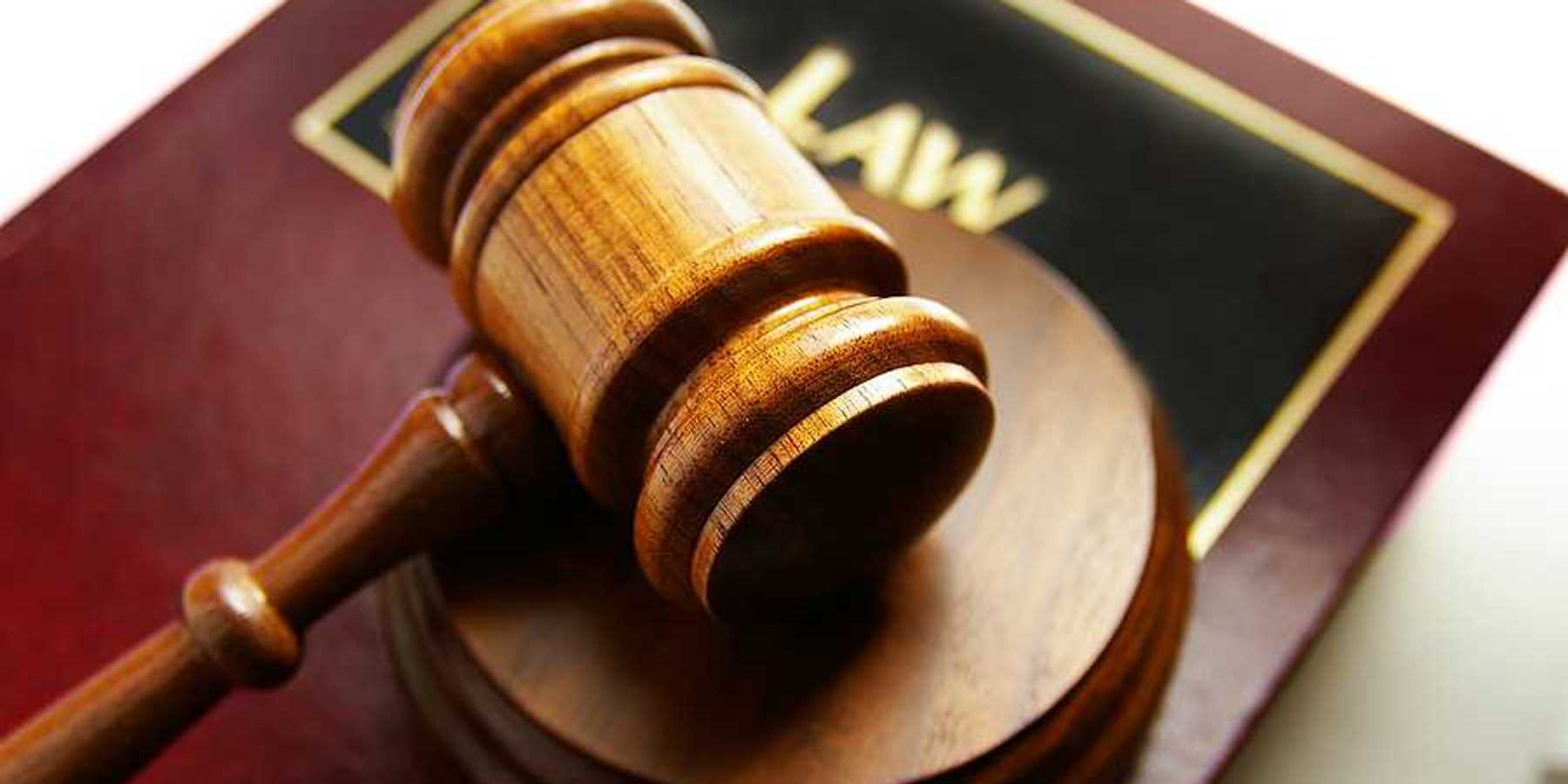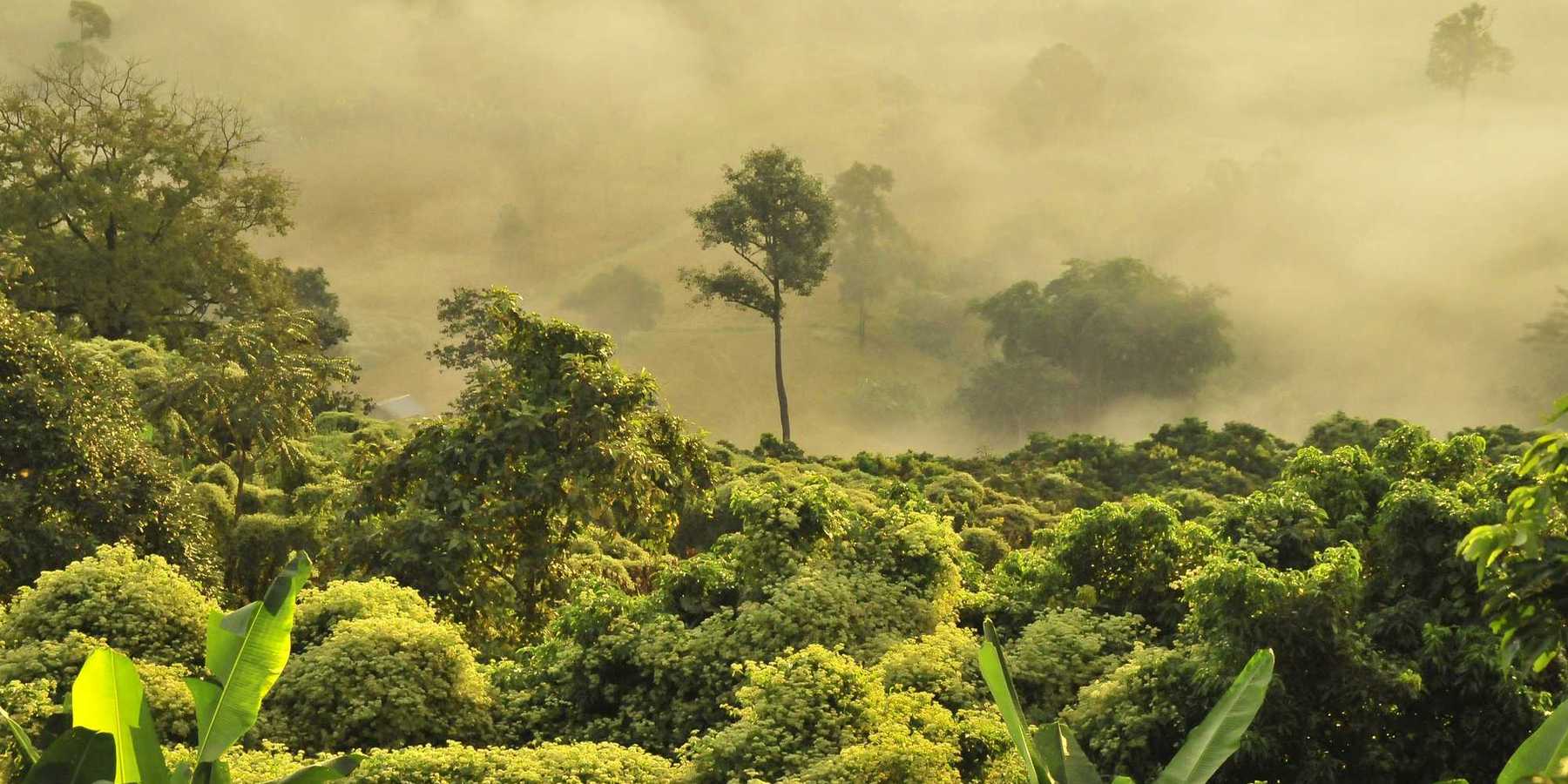Utilities seek legal shield from wildfire lawsuits as climate risks grow
As utilities face growing wildfire liability tied to aging power lines and worsening climate conditions, lawmakers across the U.S. West are weighing whether to protect them from massive lawsuits or leave them on the hook.
Alex Brown reports for Stateline.
In short:
- Electric utilities in at least eight U.S. states are lobbying for legal protections that would limit their financial liability for wildfires started by their equipment if they follow mitigation plans like trimming vegetation or burying lines.
- Opponents — including wildfire survivors, insurers, and attorneys — argue that limiting utility liability will shift the cost burden onto homeowners and reduce incentives to prevent fires.
- States like Utah, Idaho, and Wyoming have already passed such laws, while others including Arizona, Montana, and Oregon are considering similar legislation that could reshape who pays when disaster strikes.
Key quote:
“We’re only one wildfire away from bankruptcy. Even if we avoid bankruptcy, we’d have huge rate increases to cover the cost of a lawsuit.”
— Shawn Taylor, executive director of the Wyoming Rural Electric Association
Why this matters:
As the climate warms and wildfires become more intense and frequent, communities across the West are grappling with who bears the financial burden when a blaze destroys homes, livelihoods, and ecosystems. Utilities, often the spark behind catastrophic fires, argue they can’t afford to stay afloat without legal protections. But shifting liability off corporations and onto homeowners and insurers raises serious equity concerns, especially as more people in fire-prone areas are dropped by insurers or priced out of coverage altogether. The legal and financial frameworks being built today will shape how — and whether — residents recover from tomorrow’s disasters.
Read more: Oil industry allies push back against climate lawsuits













